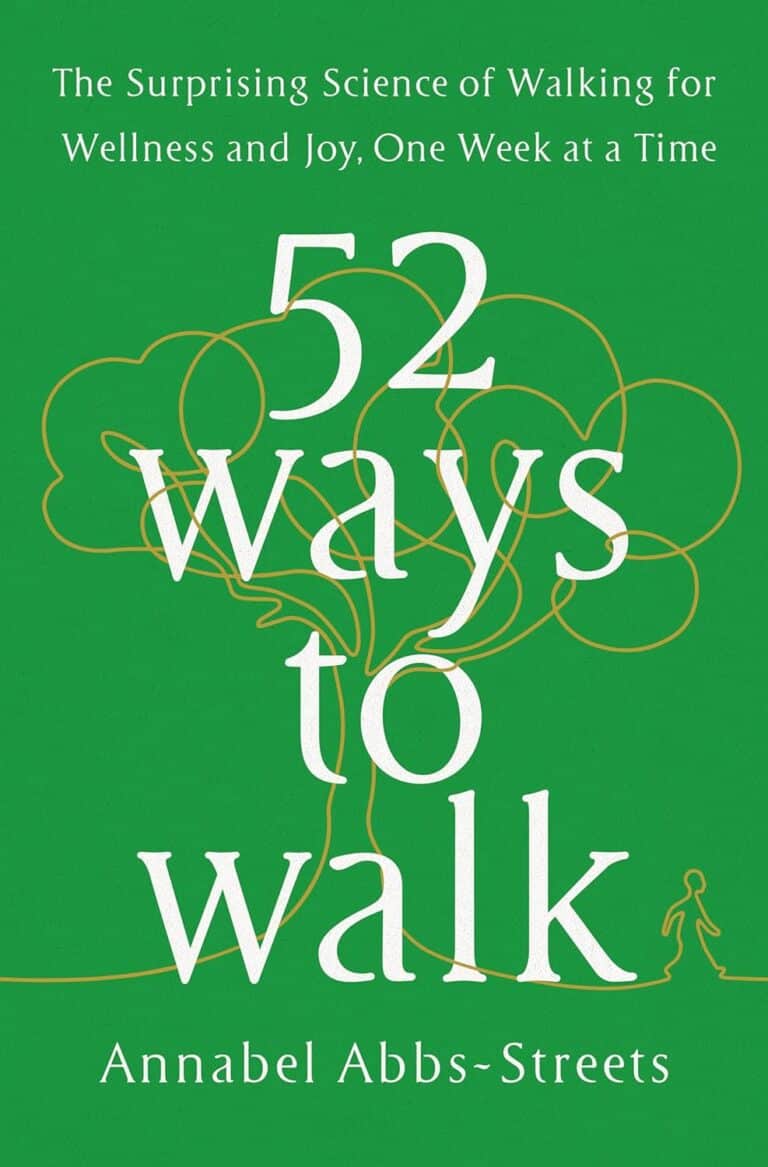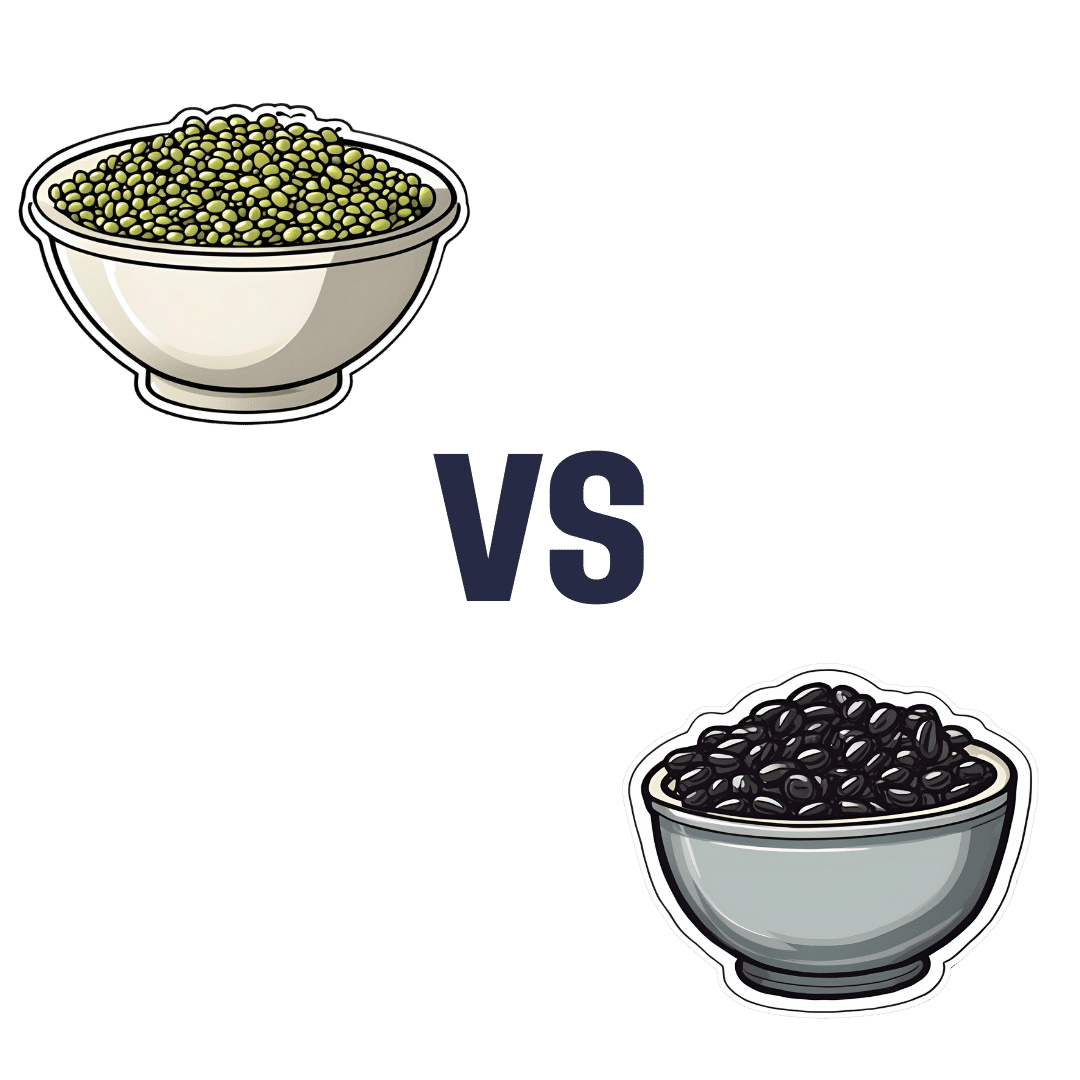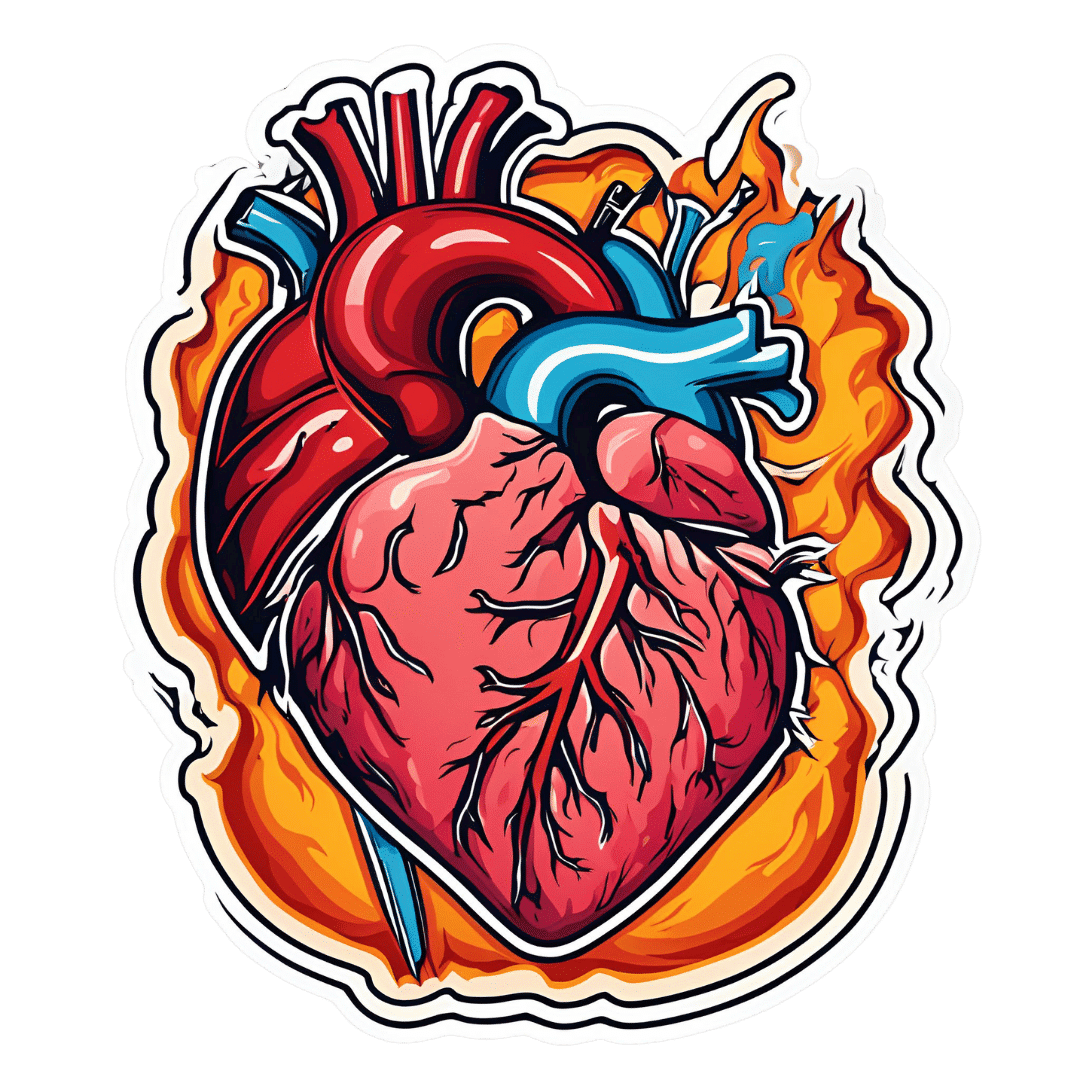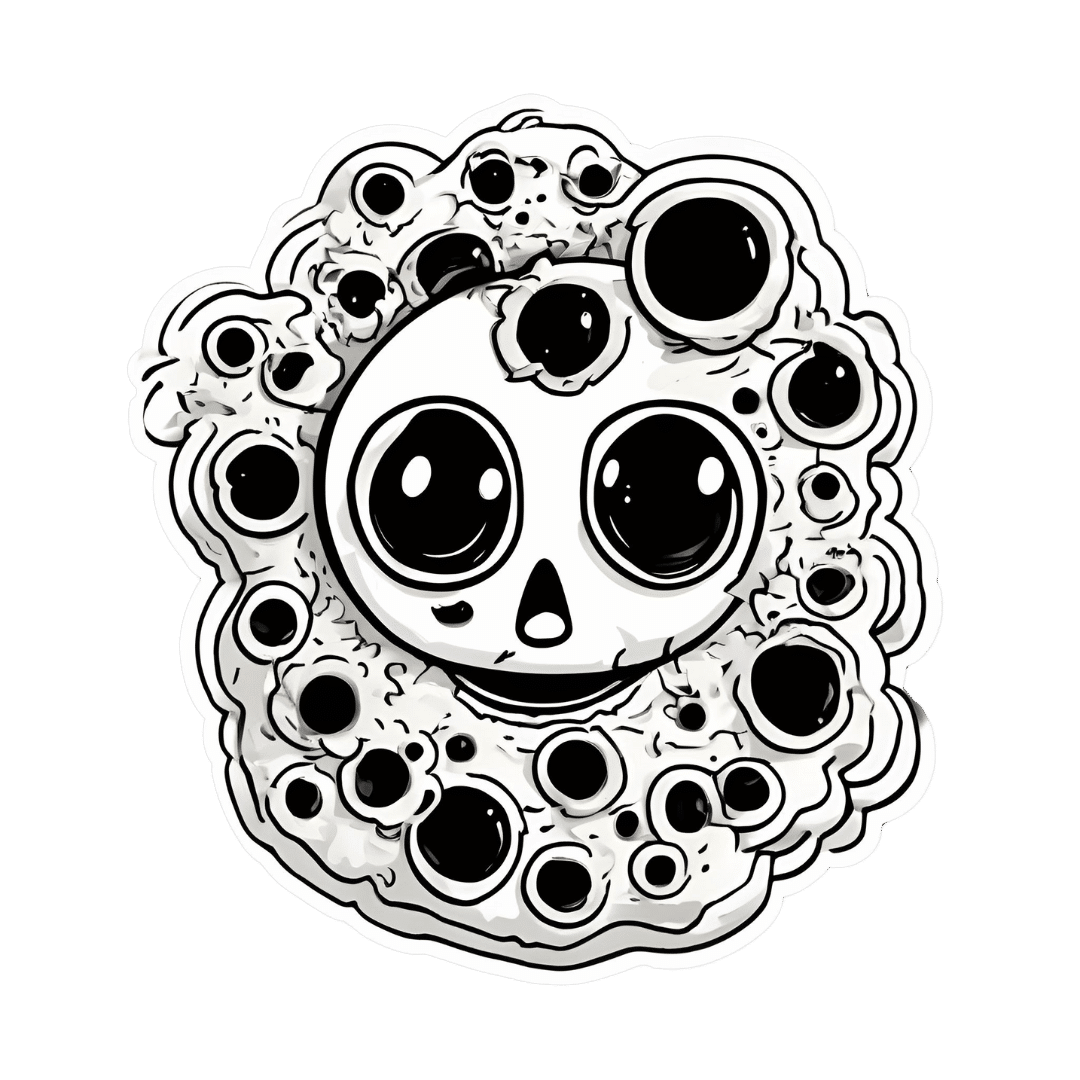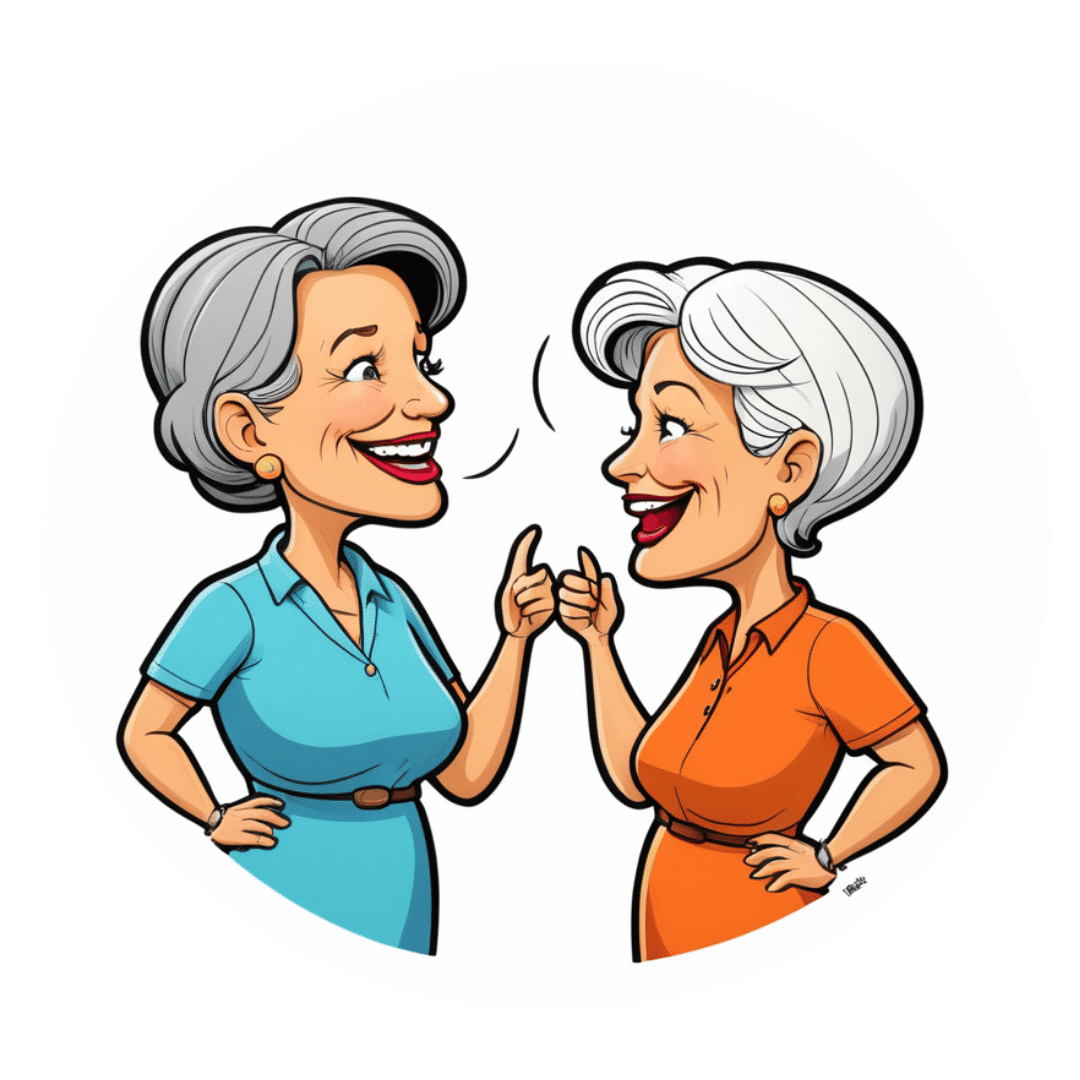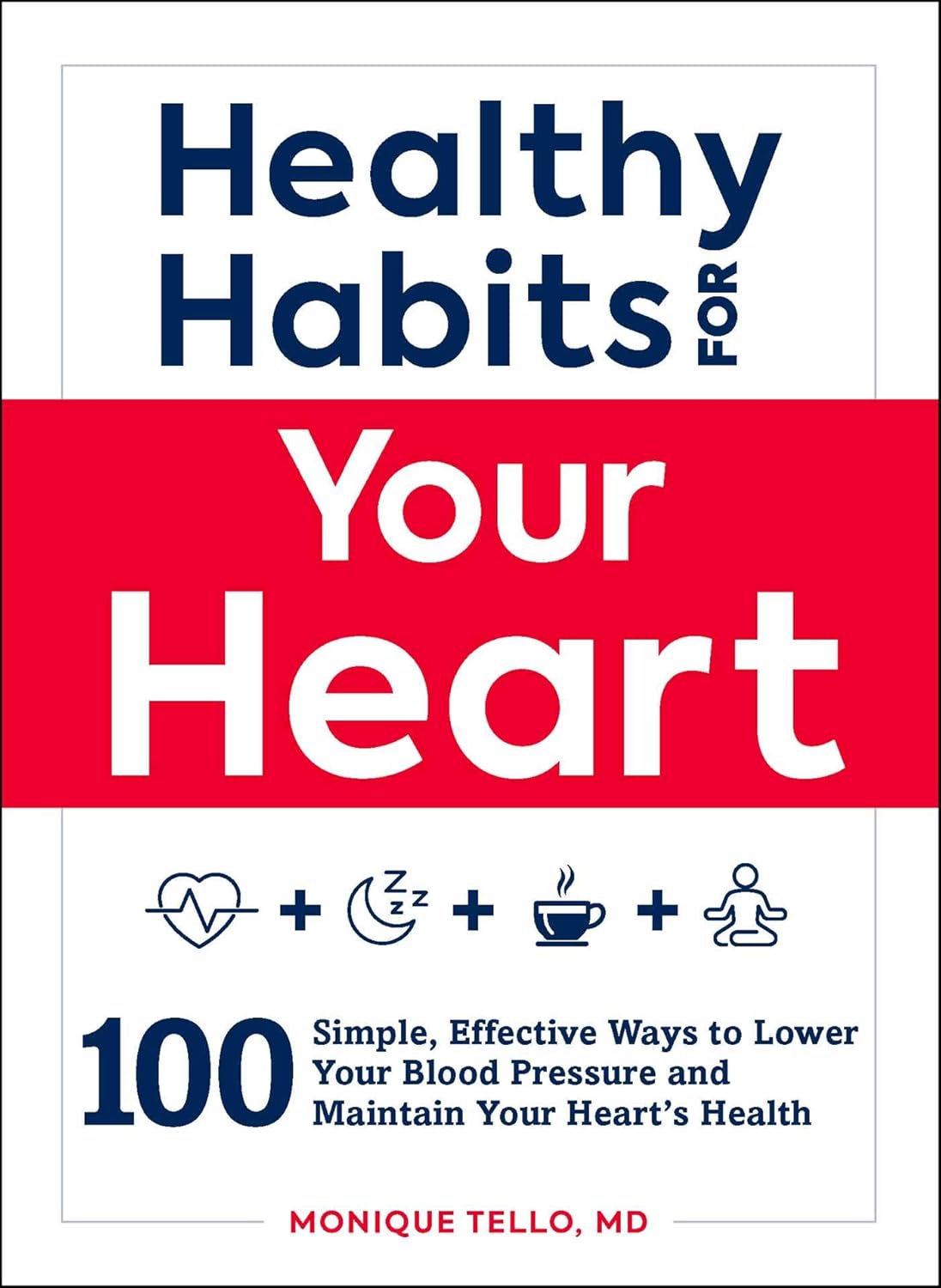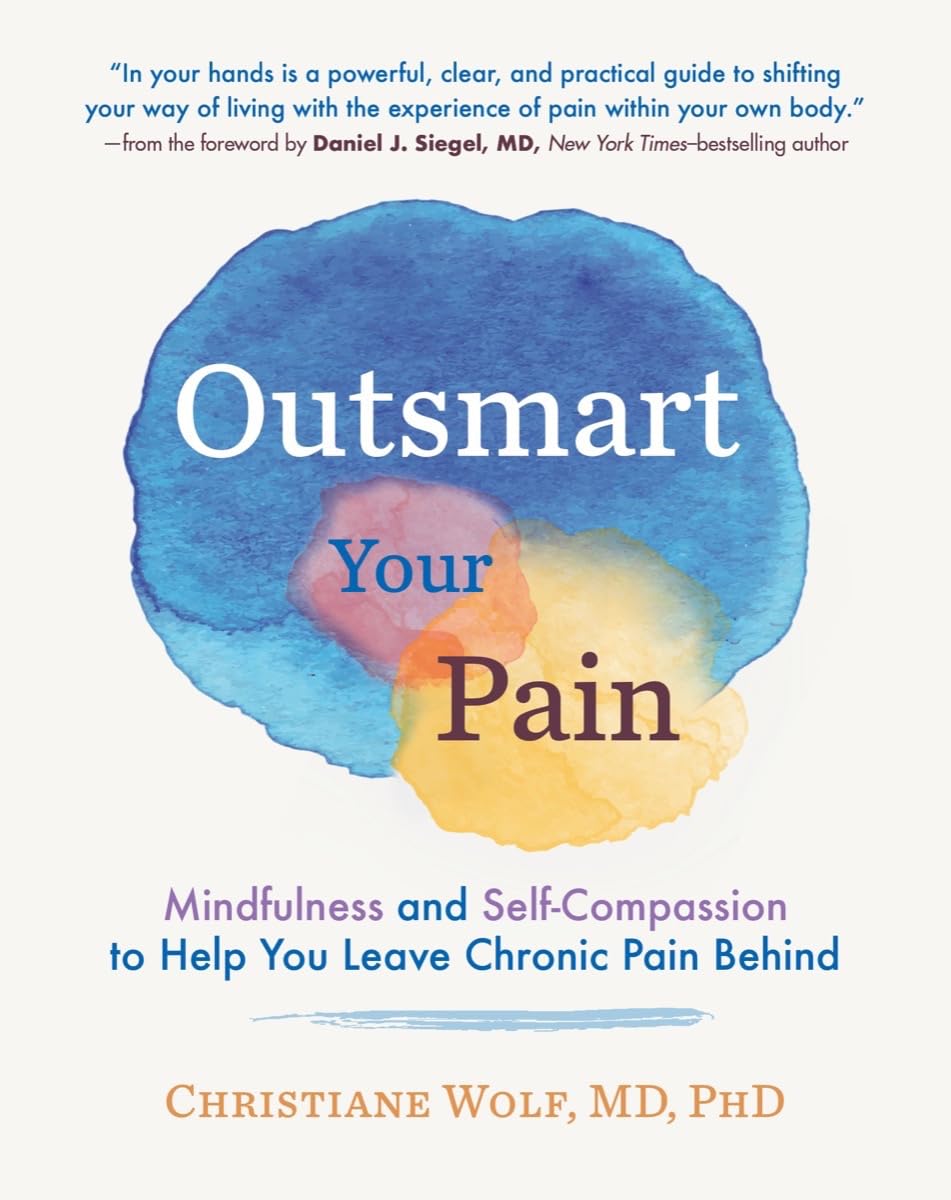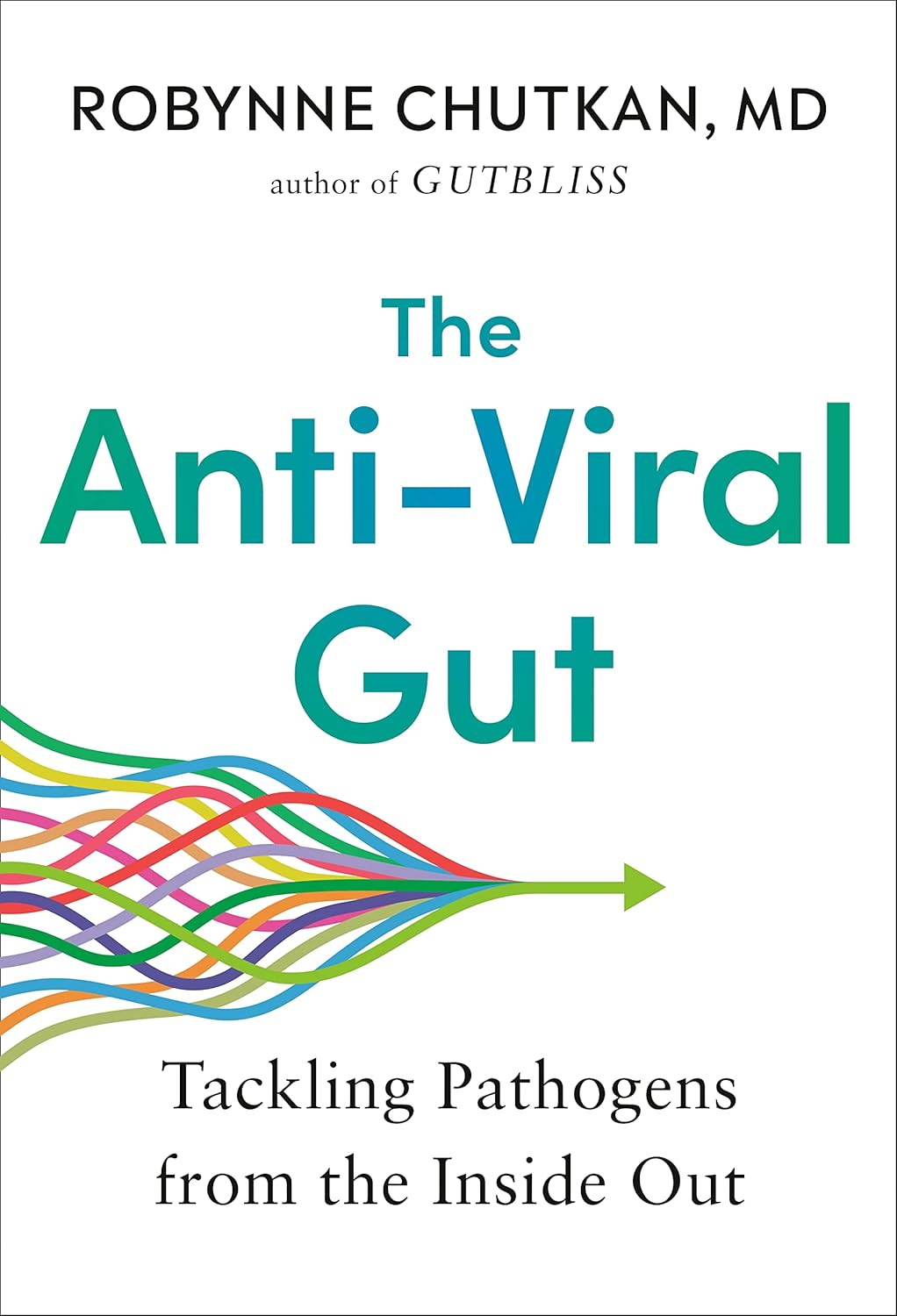
The Anti-Viral Gut – by Dr. Robynne Chutkan
10almonds is reader-supported. We may, at no cost to you, receive a portion of sales if you purchase a product through a link in this article.
Some people get a virus and feel terrible for a few days; other people get the same virus and die. Then there are some who never even get it at all despite being in close proximity with the other two. So, what’s the difference?
Dr. Robynne Chutkan outlines the case for the difference not being in the virus, but in the people. And nor is it a matter of mysterious fate, but rather, a matter of the different levels of defenses (or lack thereof) that we each have.
The key, she explains, is in our microbiome, and the specific steps to make sure that ours is optimized and ready to protect us. The book goes beyond “eat prebiotics and probiotics”, though, and goes through other modifiable factors, based on data from this pandemic and the last one a hundred years ago. We also learn about the many different kinds of bacteria that live in our various body parts (internal and external), because as it turns out, our gut microbiome (however important; hence the title) isn’t the only relevant microbiome when it comes to whether or not a given disease will take hold or be eaten alive on the way in.
The style is very polished—Dr. Chutkan is an excellent educator who makes her points clearly and comprehensibly without skimping on scientific detail.
Bottom line: if you’d like your chances of surviving any given virus season to not be left to chance, then this is a must-read book.
Click here to check out The Anti-Viral Gut, and make your body a fortress!
Don’t Forget…
Did you arrive here from our newsletter? Don’t forget to return to the email to continue learning!
Recommended
Learn to Age Gracefully
Join the 98k+ American women taking control of their health & aging with our 100% free (and fun!) daily emails:
-
Mung Beans vs Black Beans – Which is Healthier?
10almonds is reader-supported. We may, at no cost to you, receive a portion of sales if you purchase a product through a link in this article.
Our Verdict
When comparing mung beans to black beans, we picked the black beans.
Why?
Both are great! But…
In terms of macros, black beans have more protein, carbs, and fiber, as well as the lower glycemic index (although both are already low). So, a clear win for black beans here.
In the category of vitamins, mung beans have more of vitamins A, B5, B9, and C, while black beans have more of vitamins B1, B6, E, K, and choline. Thus, a slight win for black beans this time.
When it comes to minerals, mung beans have more selenium and zinc, while black beans have more calcium, copper, iron, magnesium, manganese, phosphorus, and potassium. An easy win for black beans.
Of course, enjoy either or both—but if you’re going to pick one, we say black beans win the day.
Want to learn more?
You might like to read:
Plant vs Animal Protein: Head-to-Head
Take care!
Share This Post
-
How To Survive A Heart Attack When You’re Alone
10almonds is reader-supported. We may, at no cost to you, receive a portion of sales if you purchase a product through a link in this article.
Dr. Alan Mandel emphasizes the importance of staying calm and following these steps to improve survival chances:
Simple is best
Here’s how you will survive a heart attack alone: briefly.
So, you will need to get help as quickly as possible. 90% of people who make it to a hospital alive, go on to survive their heart attack, so that’s your top priority.
Call emergency services as soon as you suspect you are having a heart attack. Stay on the line, and stay calm.
While having a heart attack is not an experience that’s very conducive to relaxation, heightened emotions will exacerbate things, so focus on breathing calmly. One of the commonly reported symptoms of heart attack that doesn’t often make it to official lists is “a strong sense of impending doom”, and that is actually helpful as it helps separate it from “is this indigestion?” or such, but once you have acknowledged “yes, this is probably a heart attack”, you need to put those feelings aside for later.
If you have aspirin available, Dr. Mandel says that the time to take it is once you have called an ambulance. However, if aspirin is not readily available, do not exert yourself trying to find some; indeed, don’t move more than necessary.
Do not drive yourself to hospital; it will increase the risk of fainting, and you may crash.
While you are waiting, your main job is to remain calm; he recommends deep breathing, and lying with knees elevated or feet on a chair; this latter is to minimize the strain on your heart.
For more on all this, plus the key symptoms and risk factors, enjoy:
Click Here If The Embedded Video Doesn’t Load Automatically!
Want to learn more?
You might also like to read:
Heart Attack: His & Hers (Be Prepared!)
Take care!
Share This Post
-
Is Unnoticed Environmental Mold Harming Your Health?
10almonds is reader-supported. We may, at no cost to you, receive a portion of sales if you purchase a product through a link in this article.
Environmental mold can be a lot more than just the famously toxic black mold that sometimes makes the headlines, and many kinds you might not notice, but it can colonizes your sinuses and gut just the same:
Breaking the mold
Around 25% of homes in North America are estimated to have mold, though the actual number is likely to be higher, affecting both older and new homes. For that matter, mold can grow in unexpected areas, like inside air conditioning units, even in dry regions.
If mold just sat where it is minding its own business, it might not be so bad, but instead they release their spores, which are de facto airborne mycotoxins, which can colonize places like the sinuses or gut, causing significant health issues.
Not everyone in the same household is affected the same way by mold due to genetic differences and varying pre-existing health conditions. But as a general rule of thumb, mold inflames the brain, nerves, gut, and skin, and can negatively impact the vagal nerve, which is linked to the gut-brain connection. Mycotoxins also damage mitochondria, leading to symptoms like fatigue, brain fog, and cognitive issues. To complicate matters further, mold illness can mimic other conditions like anxiety, chronic fatigue, fibromyalgia, IBS, and more, making it difficult to diagnose.
Testing is possible, though they all have limitations, e.g:
- Home testing: testing the home for mold spores and mycotoxins is crucial for effective treatment; professional mold remediation companies are a good idea (to do a thorough job of cleaning, without also breathing in half the mold while cleaning it).
- Mold allergy testing: mold allergy testing (IgE testing or skin tests) is often used, but it doesn’t diagnose mold-related illnesses linked to severe symptoms like fatigue or neurodegeneration.
- Serum antibody testing: tests for immune reactions (IgG) to mycotoxins may not always show positive results if the immune system is weakened by long-term exposure.
- Urine mycotoxin testing: urine tests can detect mycotoxins in the body, though are likely to be more expensive, being probably not covered by public health in Canada or insurance in the US.
- Organic acid testing: this urine test can indicate mold colonization in areas like the sinuses or gut. Again, cost/availability may vary, though.
For more information on all of this, enjoy:
Click Here If The Embedded Video Doesn’t Load Automatically!
Want to learn more?
You might also like to read:
Take care!
Share This Post
Related Posts
-
Language Fluency Beats General Intelligence & Memory For Longevity
10almonds is reader-supported. We may, at no cost to you, receive a portion of sales if you purchase a product through a link in this article.
And no, it doesn’t have to be a second language, although that helps a lot:
An Underrated Tool Against Alzheimer’s ← you don’t even have to learn the second language to a high level, to benefit
Rather, what we’re talking about today is your first language fluency. So, for most of our readers, English. For the study participants it was German, because this was a German research team using data from the German population.
The Berlin Aging Study
Previous research has linked intelligence to longevity, but intelligence comprises multiple traits. So, what’s most important? Memory? General intelligence? Nope. Language fluency!
Let’s clarify something before we continue: “fluency” does not, in linguistics, mean what most people use it to mean. It’s not about the size of one’s overall knowledge of the language (e.g. vocabulary size), but rather, it is about one’s ability to speak and/or write fluently—literally, fluently means “flowingly”, i.e. without undue hesitation or difficulty.
The study used data from the Berlin Aging Study, which tracked 516 people aged 70–105 from 1989 onwards.
Researchers assessed four cognitive abilities, with two kinds of tests for each of:
- Verbal fluency (detailed description below)
- Perceptual speed (pattern-recognition speed)
- Verbal knowledge (vocabulary size)
- Episodic memory (personal memory recall)
General intelligence, meanwhile, was assessed as “the average of those 8 scores”.
The two tests for the cognitive ability of “verbal fluency” were:
Categories
Participants had to name as many different animals as possible within 90 seconds. Their answers were subsequently rated for correctness by two independent research assistants, to assure that noticed or unnoticed repetitions, wrong categories, and morphological variants were not coded as correct.
Word beginnings
Participants were asked to name as many different real words starting with the letter s as possible within 90 seconds. The named words were rated for correctness by two independent research assistants to avoid considering repetitions, morphological variants, and wrong words as correct.
You can read about these and the other tests for the other cognitive abilities, in the paper itself:
Verbal Fluency Selectively Predicts Survival in Old and Very Old Age ← if you’re looking for the test descriptions, scroll to “Method” and then scroll past the table, and you’ll see the test descriptions
They found that of all these metrics, only the two verbal fluency tests (and none of the other tests) showed a significant link to longevity.
Why this is important
Although the study does not prove causality (it could be that people who are predisposed to live longer for other reasons are more verbally fluent because of some common factor that influences both language fluency and longevity), it seems as good a reason as any to develop and maintain language fluency.
This builds on what was found in “The Nun Study“, that followed a convent of nuns (because they are a very homogenous sample in terms of occupation, location, diet, routine, etc, so a lot of confounding factors were already controlled-for) and made numerous major discoveries about things that impact aging (including the relevance of the APOE4 gene! That was The Nun Study).
When it came to nuns and language…
Based on the autobiographies written by the nuns in their youth upon taking their vows, there were two factors that were later correlated with not getting dementia:
- Longer sentences
- Positive outlook
- “Idea density”
That latter item means the relative linguistic density of ideas and complexity thereof, and the fluency and vivacity with which they were expressed (this was not a wishy-washy assessment; there was a hard-science analysis to determine numbers).
Want to spruce up yours? You might like to check out:
Reading, Better: Reading As A Cognitive Exercise
…for specific, evidence-based ways to tweak your reading to fight cognitive decline.
Take care!
Don’t Forget…
Did you arrive here from our newsletter? Don’t forget to return to the email to continue learning!
Learn to Age Gracefully
Join the 98k+ American women taking control of their health & aging with our 100% free (and fun!) daily emails:
-
Healthy Habits For Your Heart – by Monique Tello
10almonds is reader-supported. We may, at no cost to you, receive a portion of sales if you purchase a product through a link in this article.
Did you guess we’d review this one today? Well, you’ve already had a taste of what Dr. Tello has to offer, but if you want to take your heart health seriously, this incredibly accessible guide is excellent.
Because Dr. Tello doesn’t assume prior knowledge, the first part of the book (the first three chapters) are given over to “heart and habit basics”—heart science, the effect your lifestyle can have on such, and how to change your habits.
The second part of the book is rather larger, and addresses changing foundational habits, nutrition habits, weight loss/maintenance, healthy activity habits, and specifically addressing heart-harmful habits (especially drinking, smoking, and the like).
She then follows up with a section of recipes, references, and other useful informational appendices.
The writing style throughout is super simple and clear, even when giving detailed clinical information. This isn’t a dusty old doctor who loves the sound of their own jargon, this is good heart health rendered as easy and accessible as possible to all.
Don’t Forget…
Did you arrive here from our newsletter? Don’t forget to return to the email to continue learning!
Learn to Age Gracefully
Join the 98k+ American women taking control of their health & aging with our 100% free (and fun!) daily emails:
-
Outsmart Your Pain – by Dr. Christiane Wolf
10almonds is reader-supported. We may, at no cost to you, receive a portion of sales if you purchase a product through a link in this article.
Dr. Wolf is a physician turned mindfulness teacher. As such, and holding an MD as well as a PhD in psychosomatic medicine, she knows her stuff.
A lot of what she teaches is mindfulness-based stress reduction (MBSR), but this book is much more specific than that. It doesn’t promise you won’t continue to experience pain—in all likelihood you will—but it does change the relationship with pain, and this greatly lessens the suffering and misery that comes with it.
For many, the most distressing thing about pain is not the sensation itself, but how crippling it can be—getting in the way of life, preventing enjoyment of other things, and making every day a constant ongoing exhausting battle… And every night, a “how much rest am I actually going to be able to get, and in what condition will I wake up, and how will I get through tomorrow?” stress-fest.
Dr. Wolf helps the reader to navigate through all these challenges and more; minimize the stress, maximize the moments of respite, and keep pain’s interference with life to a minimum. Each chapter addresses different psychological aspects of chronic pain management, and each comes with specific mindfulness meditations to explore the new ideas learned.
The style is personal and profound, while coming from a place of deep professional understanding as well as compassion.
Bottom line: if you’ve been looking for a life-ring to help you reclaim your life, this one could be it; we wholeheartedly recommend it.
Click here to check out Outsmart Your Pain, and recover the beauty and joy of life!
Don’t Forget…
Did you arrive here from our newsletter? Don’t forget to return to the email to continue learning!
Learn to Age Gracefully
Join the 98k+ American women taking control of their health & aging with our 100% free (and fun!) daily emails:

